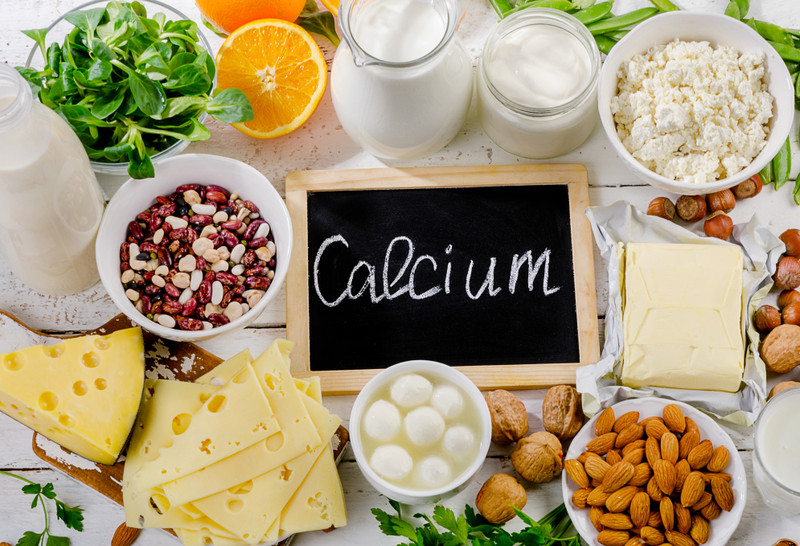When it comes to your aspirations for wealth and financial security, gold, silver, and platinum stand out as precious metals (aka minerals) in people’s eyes. But when it comes to your body’s needs and overall health, those minerals take a back seat to the likes of chloride and phosphorous – say what?! -- when it comes to legitimately “essential” minerals. So, what makes the indispensable likes of calcium, magnesium, potassium, and sodium – among others – so important to our health? First of all, it is their respective roles in activating enzymes in our body needed to carry out tasks vital to our health.
In this kickoff to another new home-grown blog series, we turn our focus to an examination of each of the seven major essential minerals (some sources say there are eight, but we’re going to roll with seven for this series). That will be followed by a continuation of the series featuring trace essential minerals, and after that we might even get to a classification known as “possible essential trace minerals.”
One thing we should point out about all these minerals, be aware that just because these minerals are essential to your good health, overloading on them as natural remedies can be detrimental to your health. Be sure to discuss with your personal physician or other healthcare professional any intent to add these mineral supplements to your daily regimen.
A Quick Take on Calcium
Like all other essential/trace elements, calcium is not manufactured by our bodies. We acquire it by what we consume via diet and supplementation. Calcium’s main gift to our health is how it helps maintain the integrity and strength of our bones, including our teeth. Calcium deficiencies are common in older adults, particularly women. Such a shortage can elevate the risk of bones becoming brittle or even breaking (fractures).
Too little calcium in your body can also lead to other health hazards, such as preventing calcium-deficient children from attaining their full potential height as adults. Also, adults with low bone mass are more susceptible to being afflicted with osteoporosis as they age. The downside of osteoporosis isn’t just limited mobility for victims; it can lead to more falls than usual, introducing other types of injuries into the mix.
Calcium’s Other Benefits
Following are some other ways our body’s most abundant mineral (yup, that’s calcium we’re talking about) is looking out for us:
Muscle contraction: Calcium helps regulate the contraction of our muscles by assisting proteins in our muscles to carry out that function, helping the muscle to relax.
Bolsters the cardiovascular system: How so? Let us count the ways, and we can come up with at least three – contributing to the blood-clotting process; helping in the action of the heart muscle by relaxing the smooth muscle surrounding blood vessels; and possibly lowering elevated blood pressure, an apparent benefit scientifically associated with calcium intake.
Maintaining skin health. You might be shocked to know that our body’s skin is one big complex organ that provides a protective shield for internal tissues against external environment hazards such as ultraviolet radiation and various harmful agents. Calcium plays a central role to the healthful physiology of the skin’s cells and therefore the skin’s functionality.
If calcium isn’t already on your to-acquire list by now, it’s obviously time to consider adding it to your pantry’s storage area alongside your handy collection of natural remedies.

